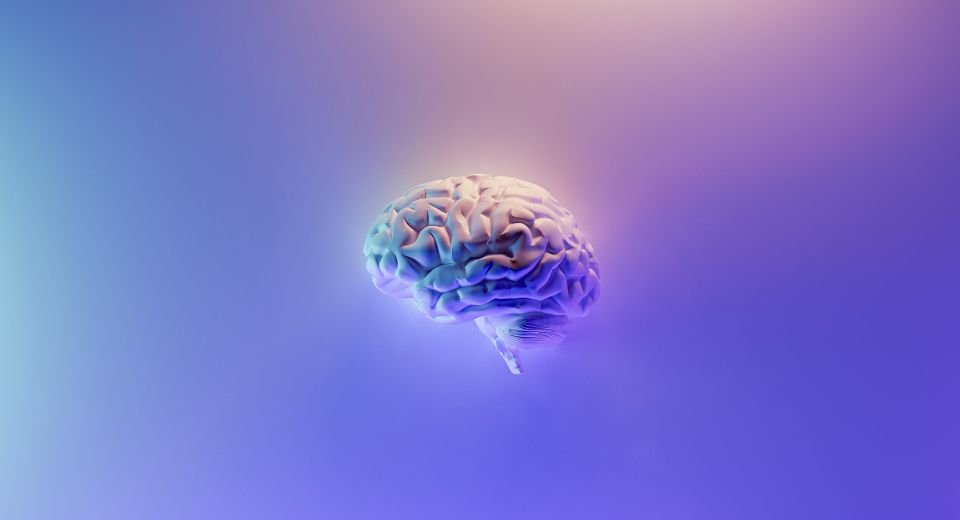HQ Team
January 10, 2023: A new artificial intelligence-driven model can analyse magnetic resonance imaging of brain scans to accurately capture cognitive decline linked to neurodegenerative diseases such as Alzheimer’s.
Brain ageing is considered a reliable biomarker for neurodegenerative disease risk, according to researchers at the University of Southern California.
The risk of diseases increases when a person’s brain exhibits features that appear “older” than expected for someone of that person’s age.
Researchers tapped into the deep learning capability of the team’s AI model to analyse the scans. They could detect subtle brain anatomy markers that are otherwise very difficult to detect and correlate with cognitive decline.
“Our study harnesses the power of deep learning to identify areas of the brain that are ageing in ways that reflect a cognitive decline that may lead to Alzheimer’s,” said Andrea Irimia, at the USC Leonard Davis School of Gerontology and author of the study.
40 but looks 30
“People age at different rates, and so do tissue types in the body. We know this colloquially when we say, ‘So-and-so is forty but looks thirty. The same idea applies to the brain. The brain of a forty-year-old may look as ‘young’ as the brain of a thirty-year-old, or it may look as ‘old’ as that of a sixty-year-old.”
Irimia and his team collated the brain MRIs of 4,681 cognitively normal participants, some of whom developed cognitive decline or Alzheimer’s disease later in life.
Using these data, they created an AI model called a neural network to predict participants’ ages from their brain MRIs.
First, the researchers trained the network to produce detailed anatomic brain maps revealing subject-specific ageing patterns.
Then they compared the perceived brain ages with the actual ages of study participants. The more significant the difference between the two, the worse the participants’ cognitive scores reflect Alzheimer’s risk.
Error of 2.3 years
The results showed that the team’s model could predict the accurate chronological ages of cognitively regular participants with an average absolute error of 2.3 years, which is about one year more accurate than an existing model for brain age estimation.
“The earlier we can identify people at high risk for Alzheimer’s, the sooner clinicians can intervene with treatment options, monitoring, and disease management.
“What makes AI especially powerful is its ability to pick up on subtle and complex ageing features that other methods cannot, and that is key in identifying a person’s risk many years before they develop the condition,” Irimia said.
Males at more risk
Males, who are at higher risk of motor impairment due to Parkinson’s disease, experience faster ageing in the brain’s motor cortex, an area responsible for motor function.
Typical ageing among females may be relatively slower in the brain’s right hemisphere.
The main application of Irimia’s model is that it can be tailored for interventions that address the unique ageing patterns of each individual.
“Many people would be interested in knowing their actual rate of ageing. The information could hint at different lifestyle changes or interventions a person could adopt to improve their overall health and well-being.
“Our methods could be used to design patient-centred treatment plans and personalised maps of brain ageing that may be of interest to people with different health needs and goals.”
